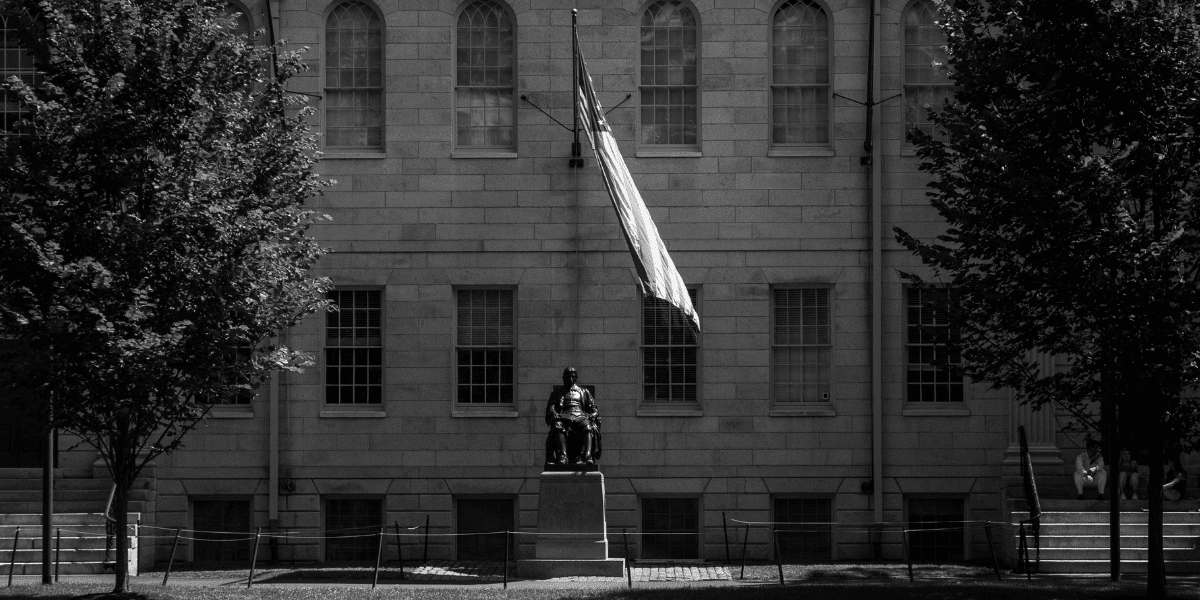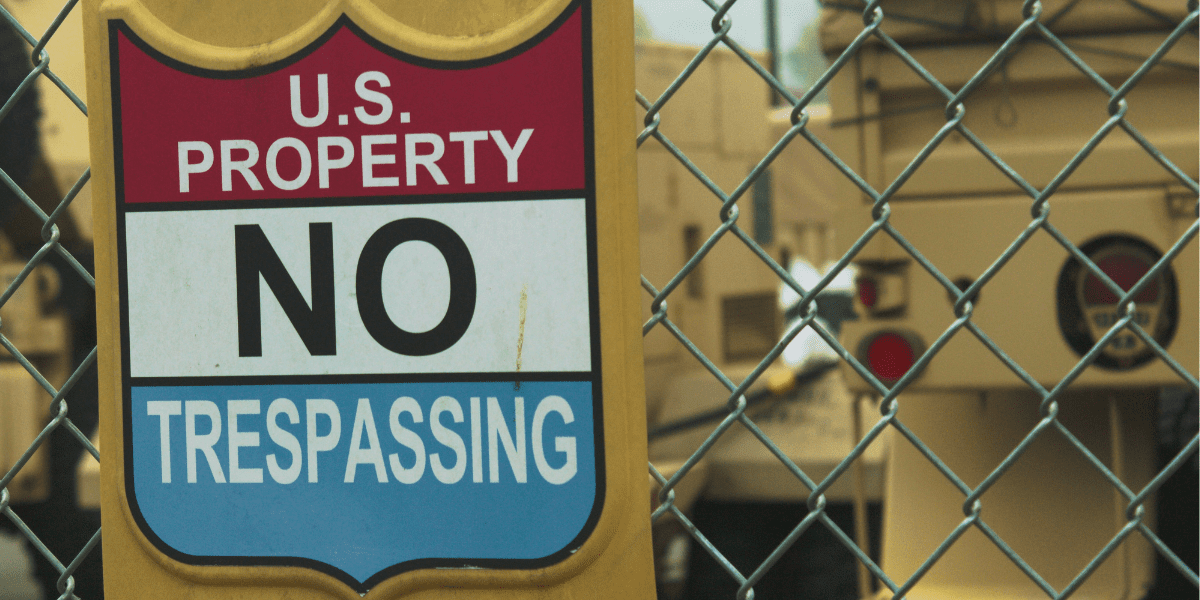The H1B visa registration process for Fiscal Year 2022 will soon open on March 9 and will remain open until March 26. Employers are advised to prepare as early as possible to take advantage of this short registration period. The H1B lottery will occur after the registration period has closed. Following the procedure of last cap season, selected applicants will be invited to file their H1B petitions on a rolling basis on or after April 1, 2021. The Biden Administration has postponed a last-minute change to make the H1B cap entirely wage-based, instead it will be a lottery as per prior years when anticipated demand for visas is set to exceed the available numbers.
What is a H-1B Visa?
The H-1B Nonimmigrant visa allows companies and other employers in the United States to temporarily employ foreign workers for up to six years in occupations that require the theoretical and practical application of a body of highly specialized knowledge and a bachelor’s degree or higher in the specific specialty, or its equivalent. H-1B specialty occupations may include fields such as architecture, engineering, mathematics, physical sciences, social sciences, medicine and health, education, business specialties, accounting, law, theology, and the arts.
What is the H1B Cap and Lottery?
The number of new H1B Nonimmigrant visas is limited by law to 65,000 a year, they must be submitted before April 1, for jobs that begin October 1 of that same year. In addition, an extra 20,000 H1B visas are available for beneficiaries who hold a U.S. master’s degree. When there is anticipated demand for more than the 85,000 available H1B visas the USCIS is required to conduct a lottery for the selection of H1B visas. The current H1B lottery takes place in multiples. Initially a lottery for H1B applicants who hold U.S. master’s degrees is conducted. Then the remaining U.S. master’s degree applicants are added to the larger applicant pool and a lottery for the remaining 65,000 available visas is conducted. This process used to be conducted physically but is now electronic and selected applicants are informed very quickly if they have made the H1B Cap. Lastly, later in summer any unused H1B visas from the selected candidates are collected into a third lottery for all the applicants who did not make the initial cap.
I made the lottery! Now what happens?
When an applicant is selected in the H1B lottery they are informed via the electronic registration system. The applicant’s employer then must file the H1B petition on behalf of the applicant within 90 days of selection. If approved the applicant will be authorized to work in H1B status on October 1 of that year. It is important to understand the form of that authorization, if the applicant is in the U.S. then they can have their status changed to H1B effective October 1. If they are outside the country then they must obtain an H1B visa abroad and enter the US in H1B status. Further, they must be successfully be admitted in H1B status by U.S. Customs and Border Protection. H1B status can be granted in increments of 3 years for a total of 6 years maximum H1B time. Dependents can obtain H-4 status to accompany the H1B beneficiary.
As an Employer what do I need to know about H1Bs?
Employers should be informed about all the aspects of H1B nonimmigrant workers as they specific regulations that cover their placement, pay and qualifications. As discussed H1B workers must hold at least a bachelors degree, but they must also be employed in a position that at least requires the equivalent of a bachelors degree. The definition of specialty occupation is complex and requires careful review.
Fees
H1B Petitions require filing fees and they can be significant. Below please find the current break down of H1B petition filing fees, there is also an optional additional premium processing fee should that service be available for the H1B Cap:
- H1B Registration fee, to participate in the lotter: $10
- Base Nonimmigrant petition filing fee: $460
- Fraud prevention and detection fee for all new H1B Petitions: $500
- AICWA Fee (Imposed by the American Competitiveness and Workforce Improvement Act of 1998):
- $750 – for employers with 1 to 25 full time employees;
- $1500 – for employers with 26 or more full time equivalent employees
- Public Law 114-113 Fee, only applicable for employers with 50 or more employees and more than 50% of employees are working under H1B or L1 status: $4,000
- Premium Processing Fee, guarantees a response from USCIS on a petition in 15 days: $2,500
The Labor Condition Application
H1B petitions must be accompanied by a certified Labor Condition Application from the Department of Labor. This application includes certain attestations, a violation of which can result in fines, bars on sponsoring nonimmigrant or immigrant petitions, and other sanctions to the employer. The application requires the employer to attest that it will comply with the following labor requirements:
- The employer/agent will pay the H-1B worker a wage which is no less than the wage paid to similarly qualified workers or, if greater, the prevailing wage for the position in the geographic area in which the H-1B worker will be working.
- The employer/agent will provide working conditions that will not adversely affect other similarly employed workers.
- At the time of the labor condition application there is no strike or lockout at the place of employment.
- Notice of the filing of the labor condition application with the DOL has been given to the union bargaining representative or has been posted at the place of employment
Prevailing wages
Pursuant to the Labor Condition Application the H1B employer must offer to pay the actual wage or the prevailing wage level for the H1B occupational classification in the proposed area of employment, whichever is greater, based on the best information available. The prevailing wage must equal the average of the rate of wages paid to other workers similarly employed in the area of intended employment. Employers must be careful in identifying the specific wages and areas of employment
Material changes matter
U.S. Citizenship and Immigration Services and Department of Labor regulations of H1B workers are strict and complex, fines and penalties abound for the unwary. H1B employers must abide by the material terms of the H1B petition that they submit. Changes to job title, job duties, job location, salary, benefits and any other material changes can have significant consequences. For example: H1B workers can not be “benched” and significant penalties can be incurred.
Return transportation
Please note that an H1B employer is liable for the reasonable costs of the return transportation of the H1B employee abroad if the H1B employee is dismissed from employment before the end of the authorized stay in H-1B status.
Final thoughts – COVID19 and the future
Currently the Trump Administration ban on issuances of new H1B visas is still in place. It is currently scheduled to end on March 31, 2021. The Biden Administration has time to decide what do with the travel restriction. They are likely taking time to decide what to do with the policy as currently the vast majority of U.S. Embassies and Consulates are operating on an emergency basis and have suspended normal visa operations. Further, travel restrictions are still in place for numerous countries which further complicates the prospects for H1B applicants who are overseas. However, as vaccination levels increase we will hopefully see the slow but stead reopening of consular services. Since H1B visas for this year’s cap can begin work October 1, 2021 we can expect unprecedented demand for H1B visas this summer. This surge for visa appointments will also be affected all the other visa applications that have been delayed or cancelled for the last year. Accordingly, employers and applicants should be mindful that delays, which have become commonplace in the pandemic, will be on the horizon for the foreseeable future.
Tully Rinckey is able to assist people and organizations world-wide with domestic and international immigration matters. Attorney Michael Freestone is well versed in representing large corporations and is able to navigate complex immigration issues and analyze the facts and recommend the best course of action.






